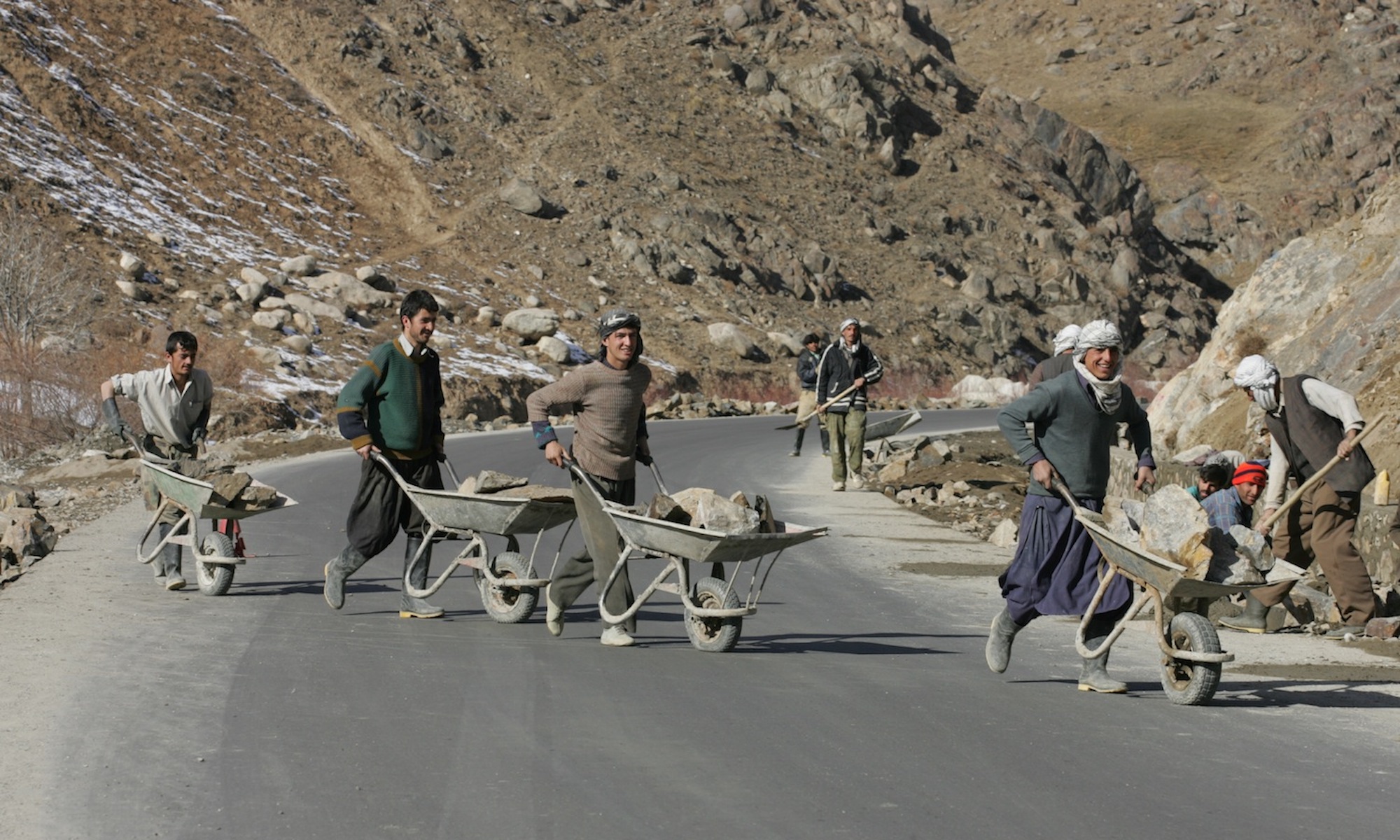War disciplines militaries: it forces them to refine, and sometimes revise, their tactics, techniques and technologies, or risk defeat in battle. Yet there is no theory of how militaries improve in war. This article develops a theory of military adaptation, which it applies to an analysis of the British campaign in Helmand from 2006 to 2009. Drawing on a wealth of primary sources (military plans, post operation reports and interviews), it shows how British brigades adapted different ways of using combat power to try and defeat the Taliban from 2006-07, and how from late 2007, British brigades have adapted a new population-centric approach that has focused more on influence operations and non-kinetic activities.
Lessons from Helmand, Afghanistan: what now for British counterinsurgency?
Organizing for Counter-insurgency: Explaining Doctrinal Adaptation in Britain and Germany
Why do allies not adapt evenly even in time of war? This article maps and explains differentiation in the development of the stabilization and counter-insurgency doctrines of the British and Germanmilitaries during deployment in Afghanistan. In doing so the study analyses the neglected issue of the organizational capabilities of the British and German militaries to develop and apply military doctrine that is appropriate to the exigencies of the contemporary operational environment. Drawing upon documentary analysis and semi-structured interviews, this article uncovers new empirical material on the institutional reforms which have been undertaken to strengthen the adaptability of doctrine and its application in operations. It finds that while the British military’s organizational capabilities were characterized by deficits at the tactical level between 2006 and 2009, recent years have seen significant improvement. In contrast, the organizational capabilities of the Germanmilitary remain stunted. While international structure is the main independent variable driving doctrinal adaptability, domestic variables exogenous to the military are the dominant intervening factor determining the development of effective organizational capabilities. Neoclassical realism provides the strongest analytical leverage in understanding the factors determining the capacity of militaries to adapt doctrine to the operational environment.
From Transition to Transformation in Ethnonational Conflict: Some Lessons from Northern Ireland
This article reassesses the extent to which the British Army has been able to adapt to the counter-insurgency campaign in Helmand Province, Afghanistan. While adopting Farrell’s definition of bottom-up military adaptation, this article contends that the task force/brigade level of analysis adopted by Farrell and Farrell and Gordon has led them to overstate the degree to which innovation arising from processes of bottom-up adaptation has actually ensued. Drawing on lower level tactical unit interviews and other data, this article demonstrates how units have been unable or unwilling to execute non-kinetic population-centric operations due to their lack of understanding of the principles of counter-insurgency warfare.
This article explores the relationship between the UK and Rwanda, using the lens of the UK Department for International Development’s integrated approach to state building and peace building in fragile and conflict-affected states. It identifies a number of priorities for UK aid under such a framework, but shows that in the case of Rwanda these have not been foregrounded in the bilateral aid relationship. The article suggests a number of reasons for this, arguing that, by refusing to acknowledge or address Rwanda’s deviations from what was considered a positive development trajectory, the UK is becoming internationally isolated in its support for the rpf regime. It concludes that, while this bilateral relationship may support achievement of stability and relative security in Rwanda, promoting such a narrow form of state building is detrimental to more holistic peace building, both nationally and regionally.
An Anglophone Invention? The Difficult Emergence of a French Security Sector Reform Practice
The concept of security sector reform (SSR) was first formulated by UK development actors. Since 2008, France has officially adopted an SSR strategy and promoted the concept at the European level during the country’s 2008 EU Presidency. However, what appears on paper to resemble full support from French institutions is in fact more complex. If the anglophone roots of the policy initiative do not seemingly explain its lack of institutionalization in the French context, it would appear that the difficulty faced by the French administration in finding a whole-of-government agreement on what the content of SSR should be, does.
